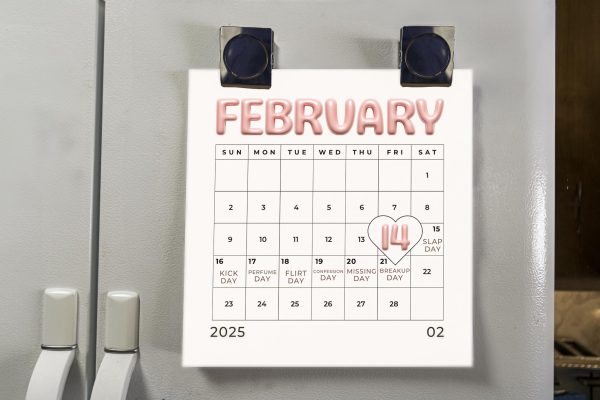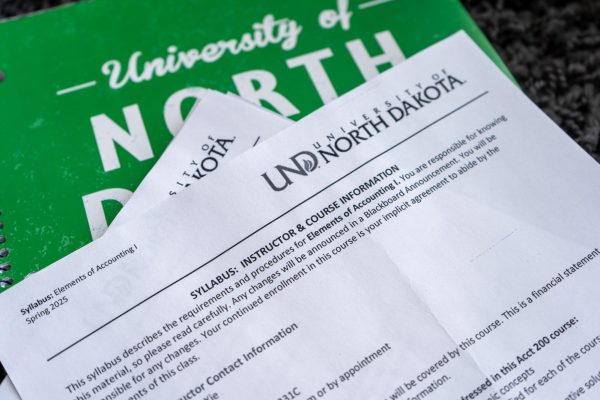Human rights: Not just Syria’s problem
EQUALITY: World issues continue to be a problem back home.
Frankly, I don’t really want to be writing this column.
I don’t want to be the person responsible for totally altering the way I exist in the shared social space. I don’t want to have to face judgements from those filled with hate, pity from those filled with misconceptions, loathing from those filled with ice.
I’m writing because I feel compelled to, the way one feels compelled to watch the aftermath of a car crash. It’s a strange compulsion — you’re totally drawn into the events playing out and even though you know you’re at risk of seeing and hearing some things you’d really rather avoid, you just can’t disengage. That’s the way I feel right now.
I’m writing because nobody else is going to and because I have a responsibility to as an individual blessed to have a space to print my wandering thoughts, my life experiences, what I believe — little snippets of my very being — twice a week.
I’m writing because I have a duty to speak about human rights.
Because not everybody can.
Not everyone can broadcast the content of their souls to a campus of 15,000. Not everyone can know the sweet freedom of being brutally honest and letting the cards fall where they may. Not everyone can be an agent for change in the magnificent way that I currently have an opportunity to.
Maybe these words will fall on deaf ears. Maybe nobody is really reading this right now and this particular piece of my soul is currently crumpled up in a dumpster soaked with the stinking remains of someone’s night out on the town or lining the cage of a hamster cage someone has hidden under their lofted dorm room bed. Maybe nobody will read these words and I will have typed them for no one but myself. Maybe I’d be OK with that.
I’m writing because, as we share a national conversation about whether or not we have the right, as Americans, to attack Syria for a gross violation of human rights, there are still people having a similar conversation about human rights right now in America.
I’m writing because, even though “Congress” is trending on Twitter, something else was flashing across our newsfeeds, if even just for a second, earlier the same day: Ruth Bader Ginsburg becomes the first U.S. Supreme court justice to marry a same-sex couple.
As an individual still struggling to figure out the best way to wear my hair, let alone who I am, in the deepest sense of the question, I am devastated that the national conversation has shifted so far from the actual people in our nation. There are people right here, right now, in this country, on this campus, typing this column who are having their equal rights violated every day. There are entire categories of people who are seen as “the lesser” under the American legal system, yet our focus is on a nation on the other side of the world.
I’m writing because as a bisexual individual I am devastated that LGBTQA equality in the U.S. is being pushed to the back burner to make room for a conversation that we shouldn’t even be having.
It is not America’s job to police the world. It is not our job to enforce international codes and standards. It is not our job to use weapons and acts of force to defend our reputation. And it is certainly not our job to take up the standard of international civil rights while we can’t even guarantee equality in our own nation.
Frankly, I don’t want to be writing this column.
But I also don’t want to remain silent.
The bottom line is this — America must support human rights at home before we can ever hope to do so abroad.
Carrie Sandstrom is the editor-in-chief of The Dakota Student. She can be reached at carrie.sandstrom@my.und.edu






